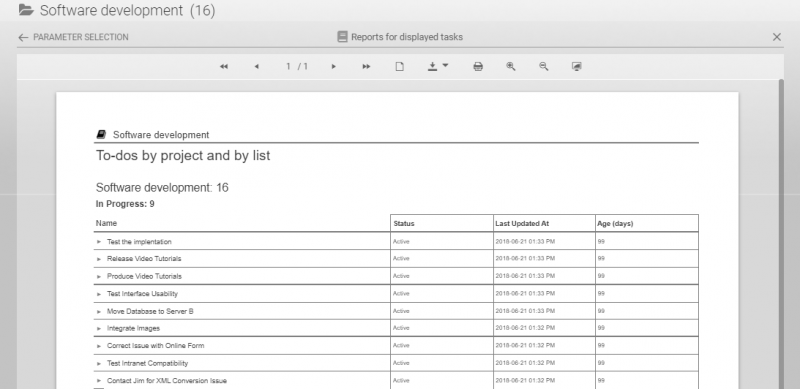

Following the events, one third of the company resigned. While management intended for the meeting to defuse the situation, the conversation turned confrontational, ending in the suspension of Basecamp's longtime head of strategy, who resigned the following day. Įscalating tensions resulted in an all-hands Zoom the following week. Two employees filed complaints with Human Resources, who declined to take action. Employees were taken aback by Hansson sharing the chat with the entire company. Hansson responded by surfacing an old chat log that showed the employee participating in a conversation about funny customer names. One employee argued this was an important issue given the rise in violence against Asians. Internally, employees continued to press on the topic. In an internal company chat, an employee cited the Anti-Defamation League's "Pyramid of Hate." That April, Basecamp responded by announcing several changes to its policies, such as forbidding "societal and political discussions" in internal forums, which CEO Fried described as "a major distraction." The company offered severance packages to employees who disagreed with the changes. Many found the list at odds with the company's stance on inclusion and diversity. In early 2021, employees raised concerns over the company's collection of "funny" customer names, with the Asian and African names on the list making some feel uncomfortable. Īfter Apple threatened to pull the service's iOS app, Hey, from the App Store, in September 2020, Basecamp signed up to help launch the Coalition for App Fairness to fight Apple's app store policies and "create a level playing field" for businesses. Since the story broke, Google has stopped competitors from using the Basecamp trademark. A Google spokesperson responded that competitors are not allowed to use trademarked names in their keywords if the owner of the trademark files a complaint with Google. Jason Fried called Google's search result policy a " shakedown". In September 2019, Basecamp gained some notoriety for purchasing Google Ads in the name of their own company because other organizations bought the keyword "Basecamp", causing four competitors to appear above Basecamp's own website in search results.

As of August 2018, the Highrise product also stopped accepting new signups. In 2014, 37signals changed its name to Basecamp and chose to focus solely on that product. The same year, Jason Fried, 37signals CEO, was included among MIT Technology Review's TR35 honoring technologists and scientists under the age of 35 for their ground-breaking inventions and research.

In 2006, the company announced that Jeff Bezos had acquired a minority stake via his personal investment company, Bezos Expeditions. The Ruby on Rails web application framework was extracted from the work on Basecamp and released as open source. īy 2005, the company had moved away from consulting work to focus exclusively on its own web applications. Work on the company's first product, the project management application Basecamp, began in 2003. The company 37signals was originally named after the 37 extraterrestrial radio signals identified by astronomer Paul Horowitz as potential messages from extraterrestrial intelligence. Jason Fried and David Heinemeier Hansson have published several books under the 37signals name, and in May 2022, citing their present-day focus on both Basecamp and HEY, reverted to 37signals as their company name.
#Basecamp 3 export software
In February 2014, the company adopted a new strategy, focusing entirely on its flagship product, the software package also named Basecamp, and renaming the company from 37signals to Basecamp. The open source web application framework Ruby on Rails was initially created for internal use at 37signals, before being publicly released in 2004. Its first commercial application was Basecamp, followed by Backpack, Campfire, and Highrise. Since mid‑2004, the company's focus has shifted from web design to web application development.

The firm was co‑founded in 1999 by Jason Fried, Carlos Segura, and Ernest Kim as a web design company. 37signals (formerly Basecamp before reverting to its original name) is an American web software company based in Chicago, Illinois.


 0 kommentar(er)
0 kommentar(er)
